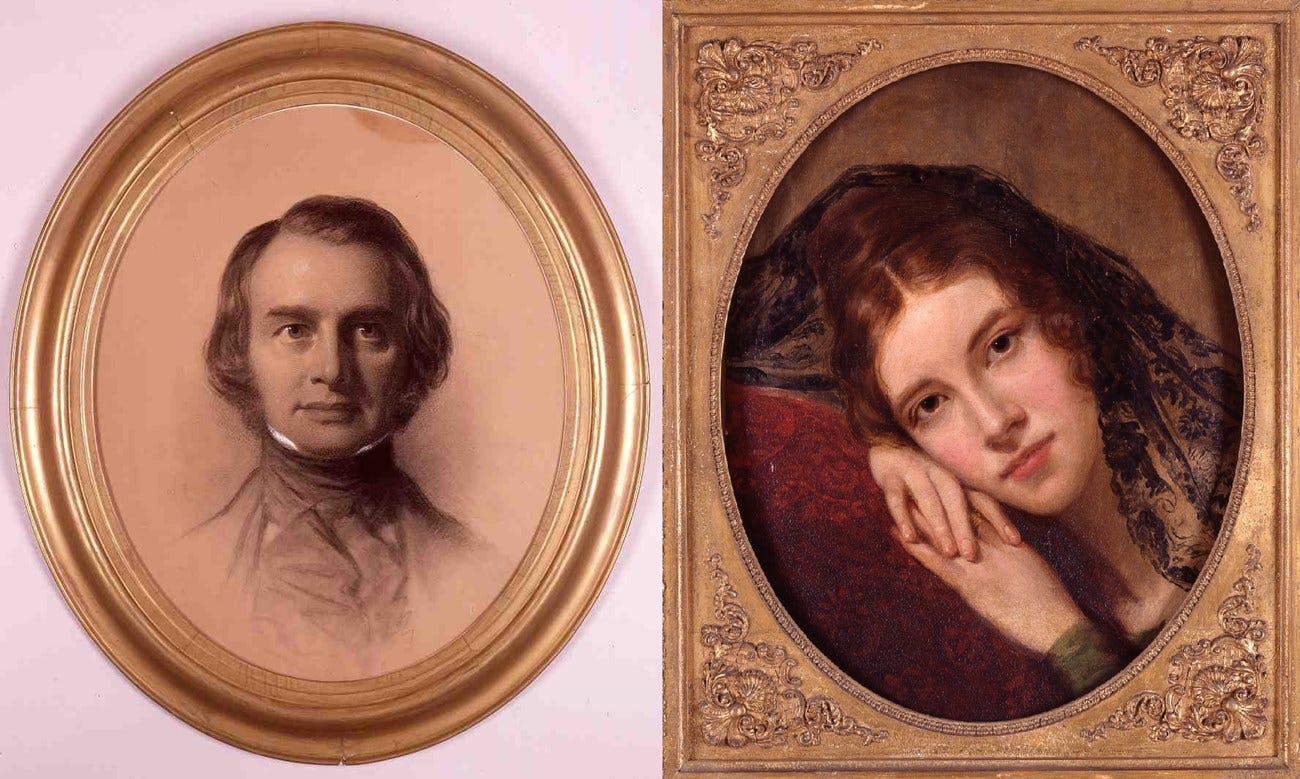My Lost Youth
Often I think of the beautiful town
That is seated by the sea;
Often in thought go up and down
The pleasant streets of that dear old town,
And my youth comes back to me.
And a verse of a Lapland song
Is haunting my memory still:
"A boy's will is the wind's will,
And the thoughts of youth are long, long thoughts."
I can see the shadowy lines of its trees,
And catch, in sudden gleams,
The sheen of the far-surrounding seas,
And islands that were the Hesperides
Of all my boyish dreams.
And the burden of that old song,
It murmurs and whispers still:
"A boy's will is the wind's will,
And the thoughts of youth are long, long thoughts."
I remember the black wharves and the slips,
And the sea-tides tossing free;
And Spanish sailors with bearded lips,
And the beauty and mystery of the ships,
And the magic of the sea.
And the voice of that wayward song
Is singing and saying still:
"A boy's will is the wind's will,
And the thoughts of youth are long, long thoughts."
I remember the bulwarks by the shore,
And the fort upon the hill;
The sunrise gun, with its hollow roar,
The drum-beat repeated o'er and o'er,
And the bugle wild and shrill.
And the music of that old song
Throbs in my memory still:
"A boy's will is the wind's will,
And the thoughts of youth are long, long thoughts."
I remember the sea-fight far away,
How it thundered o'er the tide!
And the dead captains, as they lay
In their graves, o'erlooking the tranquil bay,
Where they in battle died.
And the sound of that mournful song
Goes through me with a thrill:
"A boy's will is the wind's will,
And the thoughts of youth are long, long thoughts."
I can see the breezy dome of groves,
The shadows of Deering's Woods;
And the friendships old and the early loves
Come back with a Sabbath sound, as of doves
In quiet neighborhoods.
And the verse of that sweet old song,
It flutters and murmurs still:
"A boy's will is the wind's will,
And the thoughts of youth are long, long thoughts."
I remember the gleams and glooms that dart
Across the school-boy's brain;
The song and the silence in the heart,
That in part are prophecies, and in part
Are longings wild and vain.
And the voice of that fitful song
Sings on, and is never still:
"A boy's will is the wind's will,
And the thoughts of youth are long, long thoughts."
There are things of which I may not speak;
There are dreams that cannot die;
There are thoughts that make the strong heart weak,
And bring a pallor into the cheek,
And a mist before the eye.
And the words of that fatal song
Come over me like a chill:
"A boy's will is the wind's will,
And the thoughts of youth are long, long thoughts."
Strange to me now are the forms I meet
When I visit the dear old town;
But the native air is pure and sweet,
And the trees that o'ershadow each well-known street,
As they balance up and down,
Are singing the beautiful song,
Are sighing and whispering still:
"A boy's will is the wind's will,
And the thoughts of youth are long, long thoughts."
And Deering's Woods are fresh and fair,
And with joy that is almost pain
My heart goes back to wander there,
And among the dreams of the days that were,
I find my lost youth again.
And the strange and beautiful song,
The groves are repeating it still:
"A boy's will is the wind's will,
And the thoughts of youth are long, long thoughts."
--Henry Wadsworth Longfellow (1807-1882)
Once a household name, a mainstay of the schoolroom, and America's answer to Tennyson, Longfellow has fallen into undeserved neglect. An able translator of Dante and Spanish poets, ambitious with longer forms (Evangeline; The Song of Hiawatha), and a selfless champion of other poets, translators, and poetic traditions, he was by gift a lyric poet, and his shorter poems reveal inner complexity and darkness that belie his reputation as a derivative or facile writer. “A Psalm of Life”; “Aftermath”; “The Light of Stars”; “The Cross of Snow”; “My Lost Youth”; his sonnets on Chaucer and Milton; his sonnet sequence on Dante--all repay rereading. His wide learning and cosmopolitanism dispel American poetry's reputation in the 19th century as provincial. This lyric, long one of his most famous (it gave Robert Frost the title of one his earliest collections, A Boy’s Will), is subtler than it looks; Longfellow allows the reader to measure the distance between the boy's ambitions and the adult's nostalgia. Deering's Woods--now Deering Oaks Park--still exists in Portland, Maine, where Longfellow spent the first fourteen years of his life.
Henry Wadsworth Longfellow and Fanny Appleton, around the time of their marriage in 1843; 1879 map of Deering’s Oaks.






I read "Paul Revere's Ride" on Patriot's Day for fun and... I liked it. The line about how someone who is at this moment sleeping peacefully will be the first one to die this day- wow, that stopped me in my tracks
Oh very good. I've read the sonnets and enough to know there id=s often this subliminal wild melody to Longfellow's poetry. I'll pass this on